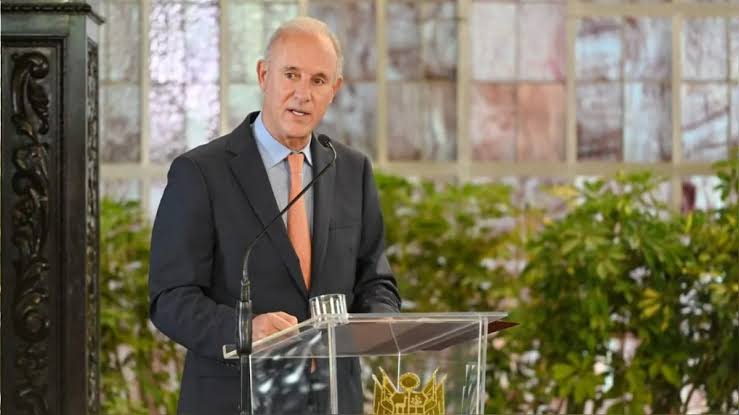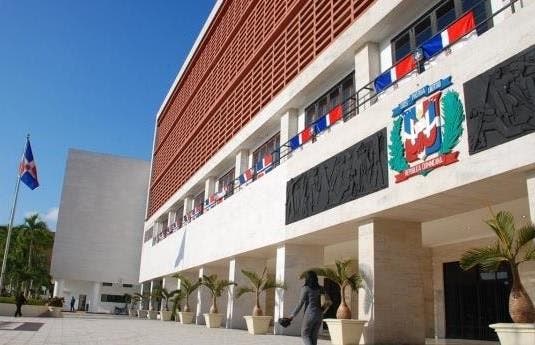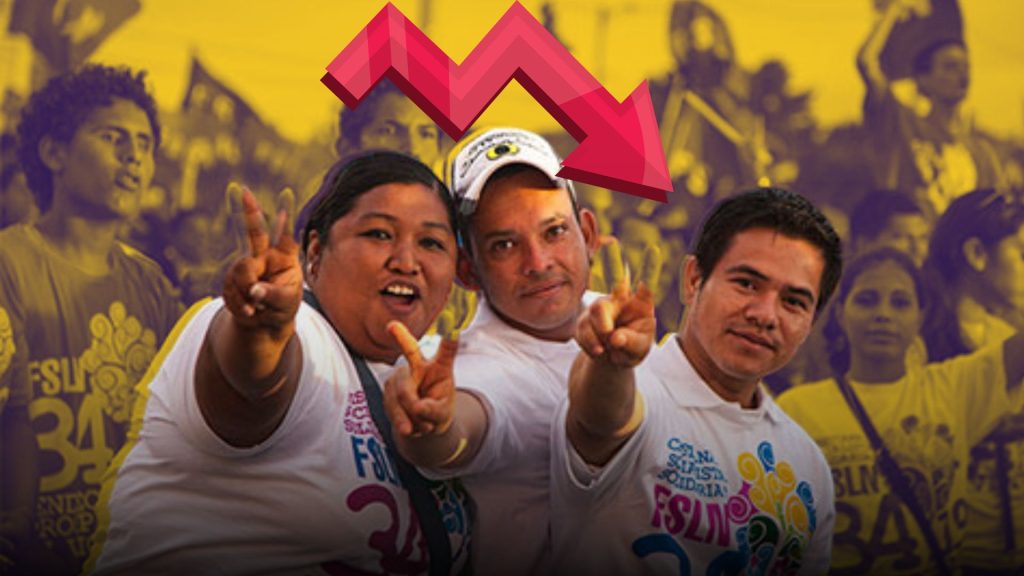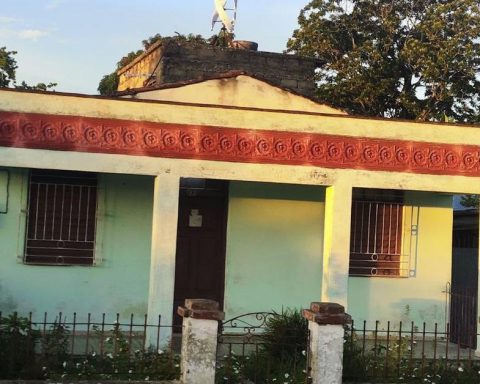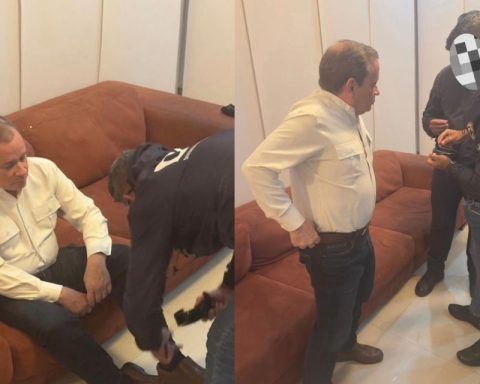This Tuesday, September 3, Javier Gonzalez-Olaechea He submitted his resignation as Minister of Foreign Affairs. He submitted his resignation letter at 12:15 pm, but published it at 1:18 pm, moments after the swearing-in of the four new members of the cabinet, including his replacement Elmer Schialer.
His departure marks the end of a period in which Peruvian diplomacy took center stage in foreign policy, especially on issues related to Venezuelan migration and the firm stance against the dictatorship of Nicolás Maduro, both in international forums and by adhering to statements from other countries.
During his administration, González-Olaechea encouraged support for Venezuelan immigrants living in Peru without criminal records. In an interview for Peru21highlighted the progress in this regard, stressing the importance of not stigmatizing this community.
“A measure was put in place regarding Venezuelan migration. We should not stigmatize them because the vast majority of them are very correct, hard-working, first-class people. We are evaluating what other ways can allow us to have control of the foreign population in general. And that will allow the police authorities to have biometric data,” said the now former foreign minister.
MADURO IN THE CROSSHAIRS
González-Olaechea was also very active in speaking out against the dictatorial regime of Nicolás Maduro. He said bluntly that what happened on July 28 in Venezuela was electoral fraud, while highlighting the human rights violations committed by the dictatorship.
“There are many foreign ministries that are in permanent coordination through the same chat. This is made public because the defense must be a group defense and aligned with democracy, respect for human rights and condemnation of all types of violations and violence announced in a bullying manner by the Maduro regime,” he said on several occasions.
González-Olaechea represented Peru at the Extraordinary Session of the Permanent Council of the Organization of American States (OAS) in the United States, where he reaffirmed our country’s condemnation of the fraud perpetrated by the Venezuelan regime and severely questioned those who abstained from voting, such as Colombia and Brazil. The OAS resolution proposal that Peru was pushing for and that was not made public demanded that Maduro immediately show the electoral records.
The resignation of González-Olaechea and the arrival of Elmer Schialer at Torre Tagle seems to mark a new turn in Peruvian foreign policy, even more so when the latter made his debut with this phrase: “We are in favor of Venezuela’s problems being resolved by Venezuelans.”
APEC
González-Olaechea has also been in charge of the negotiations related to the APEC summit, which will take place in Lima in November.
The former foreign minister made a key visit to China to ensure the participation of the Asian giant’s top authorities in the next meeting of leaders of that forum. Specifically, he met with Vice President Han Zheng and managed to get President Xi Jinping to receive Dina Boluarte on a state visit.
In recent days, he confirmed to Peru21 President Joe Biden’s participation in the APEC Summit.
WHAT DID GONZÁLEZ-OLAECHEA SAY AFTER LEAVING THE CABINET?
On the afternoon of Tuesday, September 3, the former foreign minister sent a message through his X account (formerly Twitter), in response to Gabriela Sommerfeld, Minister of Foreign Affairs of Ecuador.
“It has been an honour for me to share essential values with you and so many other colleagues within and outside the region, with whom we also seek the development of the great majority,” he wrote.
He added that “God’s timing is God’s timing and we still have a lot to do with the same goals.”
VLADIMIR CERRON CELEBRATES
The departure of González-Olaechea and the entry of Elmer Schialer has been celebrated by the fugitive owner of Perú Libre, Vladimir Cerrón, who has been fleeing from justice for 333 days.
He used his X account to send the following message:
“The departure of the fascist foreign minister, Javier González-Olaechea, is the only significant change in the Cabinet. We hope that the new administration will reopen diplomatic relations with Mexico, Venezuela, Bolivia, North Korea and SADR.”
RECOMMENDED VIDEO:
